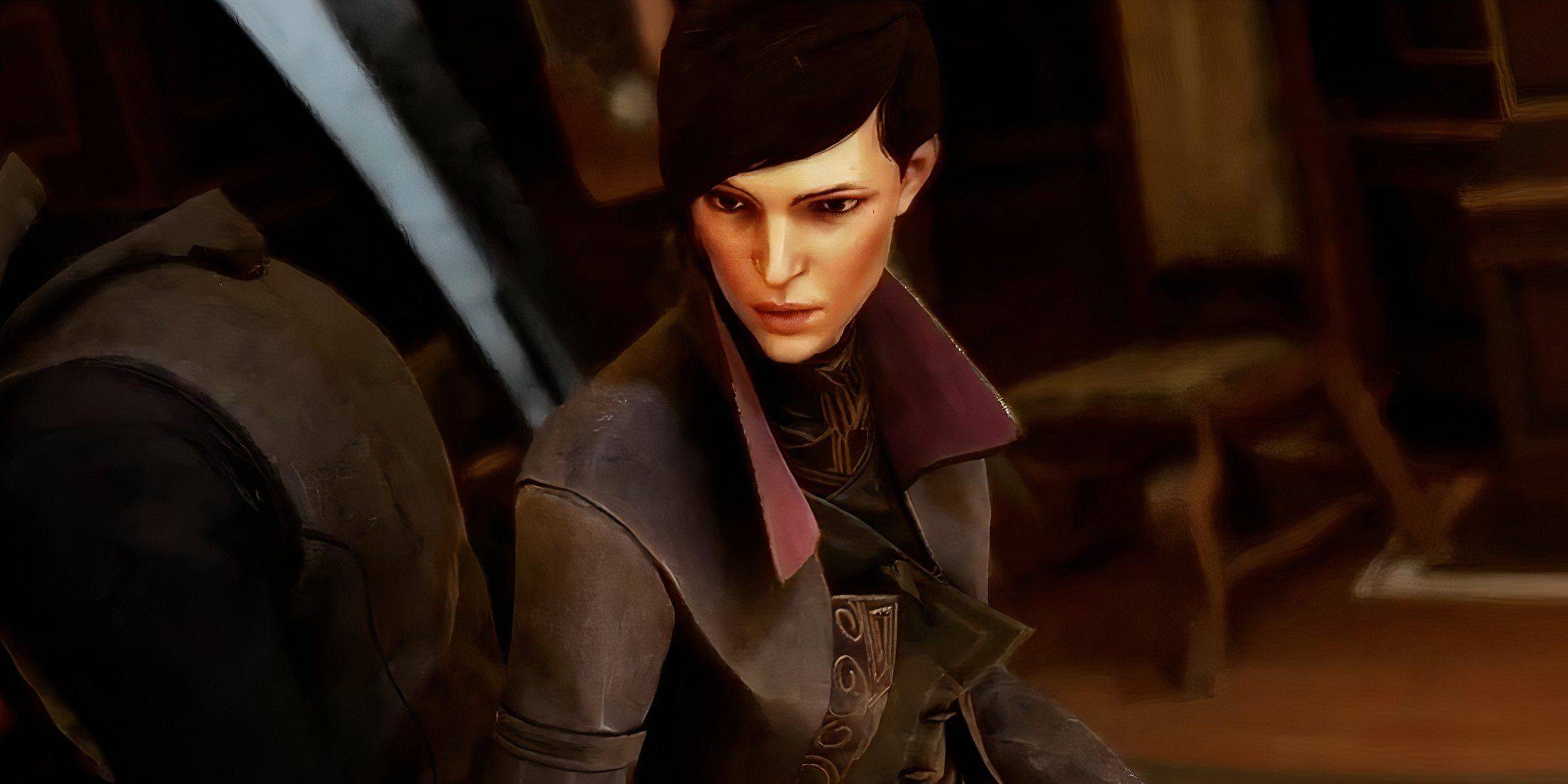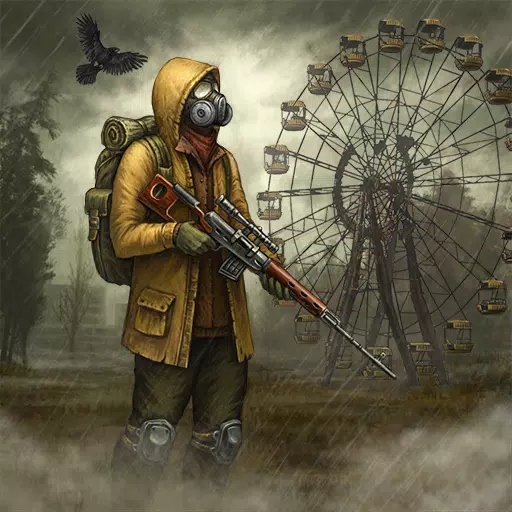NetEase's Marvel Rivals: A Success Despite Near Cancellation
NetEase's Marvel Rivals has been a resounding success, attracting ten million players within three days of its launch and generating substantial revenue for the developer. However, a recent Bloomberg report reveals that NetEase CEO William Ding nearly canceled the game due to reservations about using licensed intellectual property (IP).
The report highlights NetEase's current strategic shift: Ding is implementing cost-cutting measures, including job reductions, studio closures, and a withdrawal from overseas investments. This restructuring aims to create a more focused portfolio to combat recent growth stagnation and compete effectively against industry giants Tencent and MiHoYo.
This streamlining almost resulted in the cancellation of Marvel Rivals. Sources indicate Ding's reluctance to pay licensing fees for Marvel characters led him to consider replacing them with original designs. This near-cancellation reportedly cost NetEase millions, yet the game proceeded to launch and achieve remarkable success.
Despite this success, the restructuring continues. The recent layoff of the Marvel Rivals Seattle team, attributed to "organizational reasons," underscores this ongoing process. Furthermore, Ding has halted investments in overseas projects, reversing previous significant investments in studios such as Bungie, Devolver Digital, and Blizzard Entertainment. The report suggests a focus on projects projected to generate hundreds of millions annually, although NetEase denies using arbitrary revenue targets to assess game viability.
Internal challenges at NetEase have also been highlighted, with Bloomberg citing concerns about Ding's leadership style. Sources describe a volatile decision-making process, pressure on staff to work excessive hours, and the appointment of recent graduates to senior leadership positions. The frequency of project cancellations has raised concerns about NetEase's potential game releases in China next year.
NetEase's reduced investment in game development coincides with a period of uncertainty within the global games industry, particularly in Western markets. Recent years have witnessed widespread layoffs, cancellations, and studio closures, alongside numerous high-profile game failures despite significant financial backing.
 Home
Home  Navigation
Navigation






 Latest Articles
Latest Articles










 Latest Games
Latest Games












